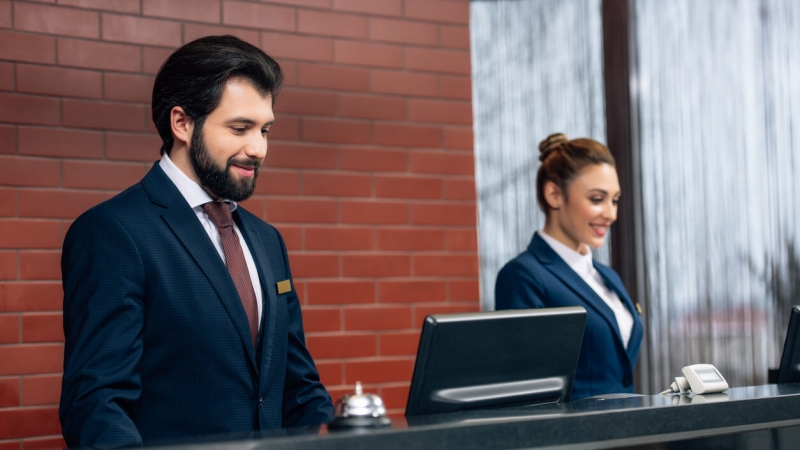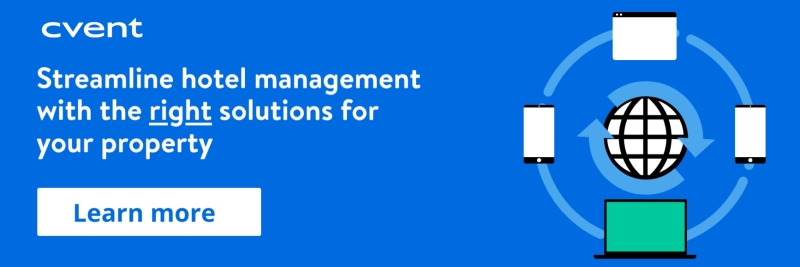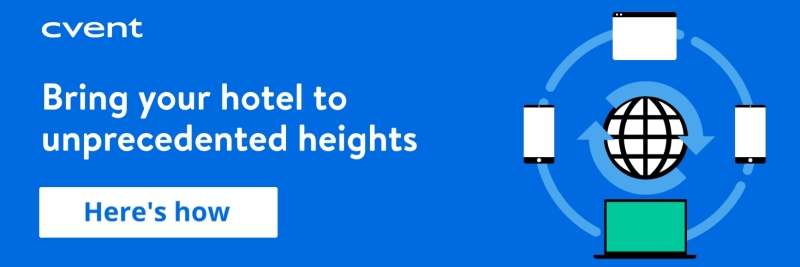

A hotel front desk staff’s friendliness, competency, and efficiency are proven factors in the effectiveness of their first impression on guests. It's all about the customer experience. But even if you hire well, it's still suggested to conduct hotel front desk training in order to bring out those characteristics in your staff and establish consistent experiences across the board. Here’s everything you need to know about creating your own training program, choosing the right tools, and running it in-person or online.
Have empathy for your hotel front desk staff and your guests, and the same will likely follow. “Looking back on the earlier years of my career,” said Nicholas Farina, General Manager of 1 Hotel Central Park, “I wish I had made more of an effort to listen more than I spoke. It’s something I continue to keep in mind each day.”
Remember that emotions run high when traveling and that can affect people on both sides of the counter. But it’s not enough to simply tell them to do so in training.

“Nearly all (hotel front desk training) programs cover the concepts of showing empathy, and especially at Forbes rated hotels, to establish authentic, emotional connections,” wrote Doug Kennedy, professional front desk training program creator.
If you want to do the same, provide actionable, step-by-step solutions to ambiguous and often confusing emotional situations. For example, if a guest has lost their luggage in the lobby and blames the front desk staff for it, train employees to first consider what this person’s day was like. Then, reflect on the fact that the guest’s reaction probably has nothing to do with them as a person or employee — they most likely just want their luggage back. After, establish how front desk staff can help guests with lost items by telling them what to say. A simple “I’m so sorry that happened, I’m going to do everything I can to help you resolve this issue” goes a long way.
Kennedy also believes hotels can do a lot more when it comes to teaching employees how to establish a genuine connection with a guest in a short amount of time. “ . when I look at how colleagues are trained on how to deliver on these standards, I find that most managers are simply going over scripted welcome messages and reviewing interpersonal communications techniques at their meetings.”
Here are some practical ways to promote authenticity among your hotel front desk staff:
Decide if in-person or virtual training is better for your staff. In-person training offers opportunities to connect with other staff members for exercises and breakout discussions. You can teach this through virtual training too, however, in-person meetings provide a better opportunity for employees to bond.
In addition to soft skills training, take this opportunity to set front desk employees up with the right equipment. Imran Javani, the General Manager of Hotel Chicago West Loop, said a property management system is one of the most versatile and helpful tools you can give your staff.
“Today’s average hotel check-in experience has gone from 3 to 5 minutes and rather than getting simpler, it seems to be getting even more complicated," he said. "We had to find a solution for that issue as well. After much research, we determined that a cloud-based PMS system with mobility was the best fit.”
For example, consider Cvent Passkey to manage room blocks for streamlined group bookings. Faster service is achieved through training both soft skills and these tools, so make sure your employees walk away with a thorough understanding of both and make each of those interactions really count.

Structure your training method based on how you want to present the information and how much time you believe it will take to complete. Choose a combination of live presentations, videos, worksheets, checklists, templates, and manuals.
Keep in mind that your hotel front desk staff is responsible for the brand’s first on-site impression. Review what should be said to guests when they check in. Have a script for how calls are answered. Decide what tone of voice works best and have employees take turns practicing it.
For example, try any of the following scripts for your own hotel front desk training:
But remember, these are only starting points. While using templates and scripts is a great place to start, they only go so far when it comes to authentic interactions.
Talk about what expectations you have for customer interactions, especially when important or tense issues may come up. Clear up any confusion about when front desk staff is expected to prioritize the standard code of conduct and when they should prioritize themselves or their coworkers. This includes situations such as physical or emotional danger.
Remember, standardized greetings and procedures are a must-have, but they don’t work in every situation. Set your staff up for success by teaching them what to do and giving them permission to be safe when faced with certain situations.
Create a workflow for all major hotel front desk responsibilities, including the following example sequences:
Additionally, talk to veteran staff members and see if they can write down anything that may be useful to newer employees or anyone going through the training. Use that as your foundation for the instructions. Document all the workflows in one accessible place. Ask employees to refer back to it when needed and to follow the steps. Keep in mind that you might need to make several versions along the way to make procedures more efficient or stay aligned with changes throughout the hotel.
Have a concrete goal for your training. For example, if your hotel front desk staff is also responsible for upselling gift items, aim to teach them all the upsell script and make sure they pass quizzes on product knowledge. You can also strive for sales goals, but when creating a training goal it’s best to aim for objectives that are measurable and within your control.
Set up an awards system for your front desk staff. Here are some examples:
Whatever you choose, make sure it ties back into the knowledge they learned in training and provide tangible incentives for their success.
Maximize your virtual training sessions by keeping attendees engaged through breakout sessions, live polling, and Q&As at the end. Or review the importance of professionalism in hospitality to inspire your hotel front desk training program. And remember, training isn’t a one time event, it’s a method that should be reviewed regularly with every new hire, season, and procedure update.